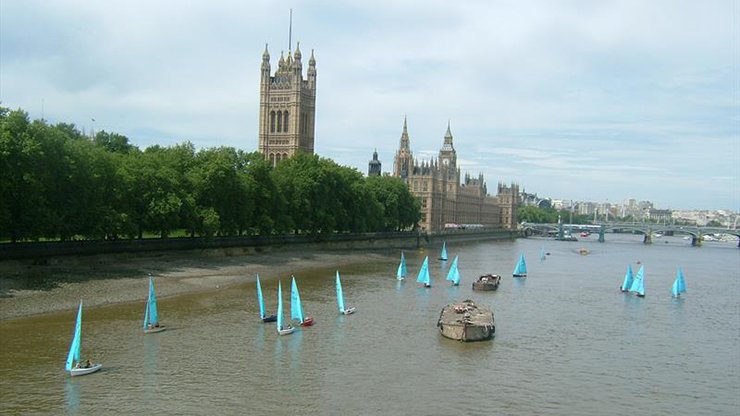RYA reflects on Government’s Brexit White Paper

On 12 July, the Government published its Brexit White Paper, The future relationship between the United Kingdom and the European Union, setting out in more detail the UK’s desired model for its end-state relationship with the EU, to take effect after the implementation period which is due to end on 1 January 2021. The White Paper followed the Cabinet agreement reached at Chequers on 6 July.
Key elements of the agreement are as follows:
- A new economic partnership between the UK and EU, comprising a free trade area in goods between the two territories
- This will be enabled by the UK and EU adopting a common rulebook in goods and agri-foods, participation by the UK in agencies which provide authorisations for goods in highly regulated sectors, the phased introduction of a Facilitated Customs Arrangement, no tariffs on any goods and new regulatory and economic arrangements for financial services
- A new security partnership between the UK and EU, secured through maintenance of existing operational capabilities, UK participation in key agencies including Europol and Eurojust and co-ordination on foreign policy and defence issues
- UK-EU co-operation on a number of other issues, including protection of personal data, science, culture, education and research and development. There would also be new arrangements for annual negotiations on access to fishing waters, with the UK as an independent coastal state
- Establishing new joint institutional arrangements to ensure co-operation is managed effectively, rules are interpreted consistently and disputes can be resolved. As part of this, UK and EU courts could enforce rights under the agreement in their own territories and a new Joint Committee and independent arbitration procedures would be used to resolve disputes
Whilst the White Paper provides a more detailed blueprint of the UK Government’s aspirations for the UK-EU relationship after the implementation period than at any point since the 2016 referendum, the EU’s initial response to the document suggests that it is far from certain that it will form the basis of any agreed settlement. The White Paper also still leaves a number of important questions unanswered for the recreational boating community in the UK.
Firstly, whilst the Government intends to seek a close customs relationship with the EU to take effect after the transition period, further clarity is still required on how the Union goods status of recreational boats will be affected by their location on the key implementation dates and how subsequent voyages between the UK and the EU will be treated.
There is also still uncertainty around the future UK-EU relationship in relation to VAT. This is not covered in any detail in the White Paper and an amendment made to the Taxation (Cross-border Trade) Bill on 16 July would mean, if the Bill is passed into law, that the UK could not be part of the EU’s VAT regime. This has the potential to affect a significant number of UK recreational boaters and is an issue that the RYA is keenly alert to.
Finally, the White Paper only provided a limited amount of information on the UK’s proposed migration policy to replace free movement of people. Further information on this, including proposed new border controls on recreational craft travelling between the UK and the EU and any new scheme for seasonal workers travelling for business purposes, is expected to be included in a separate Immigration White Paper to be published in the autumn.
The RYA is already engaging with officials across Government to seek further clarity on the issues outlined above and to ensure that the UK recreational boating sector continues to enjoy the freedom to visit and navigate throughout the EU after Brexit.
Should you require any further information about RYA’s Brexit activity, please contact the Cruising, Legal and Government Affairs team at brexit@rya.org.uk.










